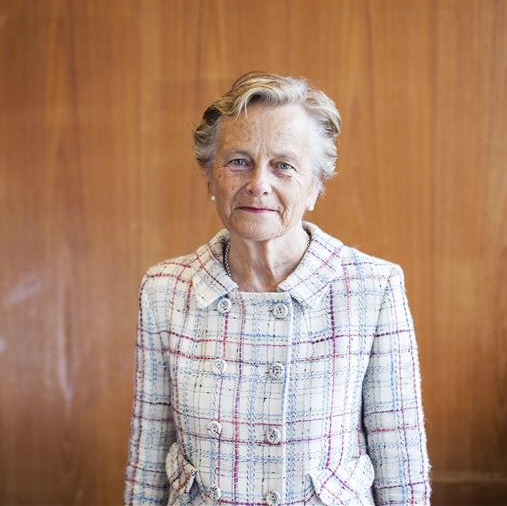Asking a few thousand Norwegians what they thought about climate change and not providing canned responses to choose from led to answers that were far more nuanced than the simplistic media portrayals that people accept every study or they are climate deniers.
The respondents were drawn from the Norwegian Citizen Panel, and the survey is part of the LINGCLIM project at the University of Bergen. This project is looking at the language used and the interpretations that prevail in the climate-change debate. The survey was carried out in 2013 as an online questionnaire. This kept the costs down, making it possible to collect data from a sample pool of respondents.
The researchers divided the answers they received into four categories using the text analysis method Structural Topic Modelling (STM). These are the four main topics that Norwegians associate with climate change:
1. Weather and ice
Focus on the physical consequences of climate change such as unstable weather and melting ice
2. The future and consequences for man
For example, risks and challenges that will affect their children and grandchildren
3. Money and consumption
References to negative effects of the consumer society, the need to help poor countries, statements related to politics, issues related to economic motives behind climate policy
4. Causes
What is causing climate change? The impact of human activity.
Views are often balanced in that the participants believe that both nature and human activities affect the climate
A single respondent could give answers that belong to several categories. The researchers got the most responses in the category "weather and ice". In second place came the "the future and consequences", followed by "money and consumption" and finally "causes".
Gender differences
Slightly more women responded that they thought about things related to "weather and ice" than men. Otherwise, there were no differences between the sexes. Nor were there significant differences in the responses between people with different educational backgrounds.
"Previous studies have shown that people with lower education are more skeptical about climate change than people with higher education. We did not observe any such correlation in our survey. Education had little impact on what people chose to attach importance to," says Endre Tvinnereim, a researcher at Uni Research Rokkan Centre.
Major differences related to age
One aspect where we did find major differences was the respondents' age. The older the respondent was, the less concerned he/she was about the "future and consequences"; the younger respondents tended to have a large proportion of their answers in the category "future and consequences".
"We see that the older respondents write more about weather and ice and are less focused on the future in their responses," says Tvinnereim. This may be because climatology focused more on physical aspects in the past, whereas now there is more talk about solutions and consequences for society. It may also be because older people do not have so much time left and are therefore less worried about the future, apart from when they think about their children and grandchildren.
"From the perspective of the LINGCLIM project, this study draws a representative picture of the diversity of opinions and attitudes that exist among people regarding climate change. The study clearly shows how the language used in the climate debate affects public opinion and how language is interpreted and reproduced by the general public in Norway. Our results thus provide important contributions to the knowledge base needed to make relevant decisions on actions," says Professor Kjersti Fløttum at the Faculty of Humanities at the University of Bergen.
Professor Kjersti Fløttum. Photo: Ingvill Festervoll Melien
Citation: Tvinnereim E, Fløttum K (2015) Explaining topic prevalence in answers to open-ended survey questions about climate change. Nature Climate Change. DOI:10.1038/nclimate2663






Comments